Ireland’s sympathy for Palestinians is not ‘Israelophobia’
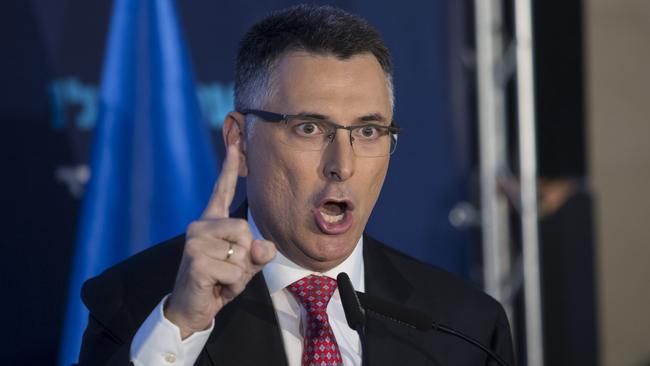
Israeli Foreign Minister Gideon Sa’ar, announcing the decision to close the embassy and playing to a domestic audience, declared the “anti-Semitic actions and rhetoric that Ireland is taking against Israel are based on delegitimisation and demonisation of the Jewish state and on double standards”.
As eminent a historian as Simon Sebag Montefiore explains Ireland’s “weirdly unreasonably anti-Semitic and anti-Israel” position by pointing at the experience of his own family in the notorious 1904 Limerick boycott.
About one-third of early settlement of Australia comes from Ireland and the Irish still come here in significant numbers. If they are bringing an anti-Semitic bacillus with them, it concerns us here too – especially since both the Irish and the Jews often come here to the same places and share much. If you see someone with red hair at Bondi Junction in Sydney’s eastern suburbs it’s likely to be one group or the other.
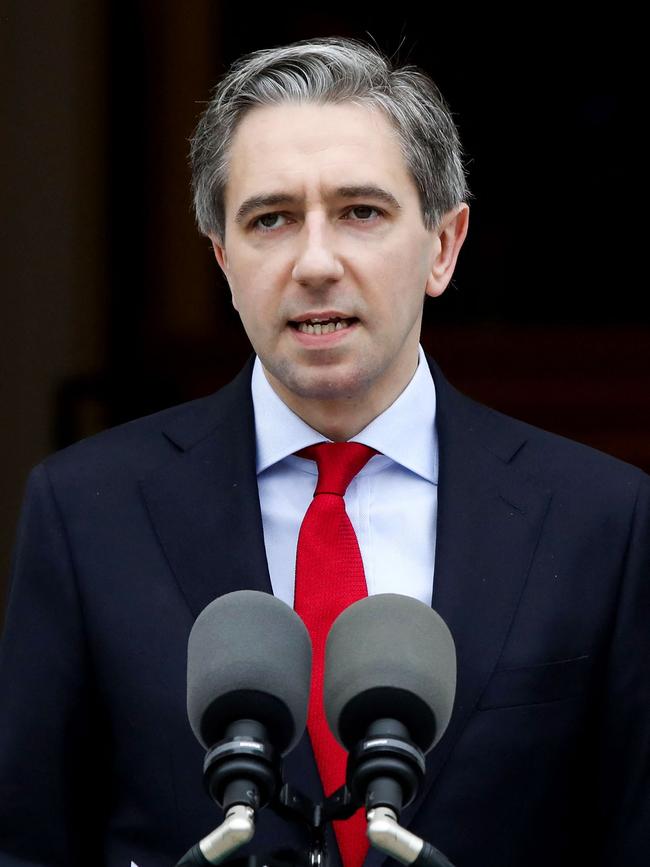
To understand the root of the current diplomatic collapse between Ireland and Israel we would do better to look to the parallels and connections between these two diasporic peoples rather than exceptional Irish prejudice.
In the Irish case, a balanced look at modern Irish history reveals extensive solidarity and sympathy with the Jewish people and the Jewish state, at least up until the past few decades.
Let’s start with the fact Israeli President Isaac Herzog is entitled to an Irish passport. His father, the sixth president of Israel, Chaim Herzog, was born in Belfast and reared mostly in Dublin.
The stories of the Jews and the Irish, both persecuted and scattered, intertwine around the world, especially in the US where both groups (until recently) tended towards the Democratic Party.
In the famous Battle of Cable Street in the East End of London in 1936 the Jewish and Irish residents, working together, faced down Oswald Mosley’s British Union of Fascists. Irish nationalist ideas were deeply influential on early Zionism, and the Irish and Jewish independence movements were aligned across many decades. However much the memory of “Zionist Sinn Fein” may embarrass that party today, it was a historical reality.
No figure exemplifies the relationship between the two countries more than Robert Briscoe, born into an Orthodox Jewish family in South Dublin in 1894 and reared as a committed Irish republican. Zionist leader Ze’ev Jabotinsky visited Dublin for instruction from Briscoe on the use of guerrilla tactics against the British.
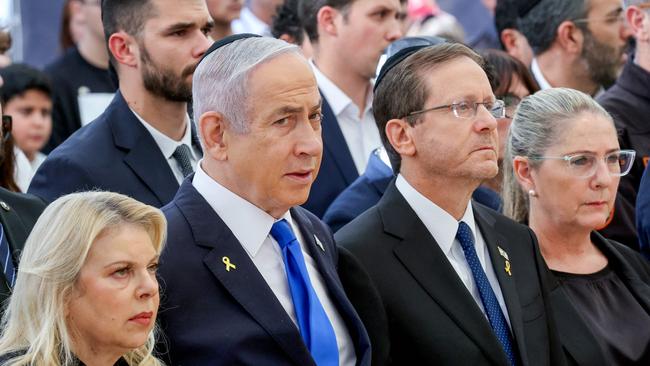
Briscoe was one of the founders of Ireland’s largest party, Fianna Fail, and a close friend of Eamon de Valera. Both campaigned against the partition of Israel because of the Irish experience.
We often hear about de Valera’s lamentable visit to the German legation in Ireland to offer his condolences on the death of Adolf Hitler. Less often these days do we hear about Eamon de Valera Forest outside Nazareth, dedicated in 1966 by Dublin’s Jewish community in recognition of Dev’s support for Jews in Ireland. That support includes special recognition of the Jews in Ireland’s 1937 constitution, unprecedented at the time.
Irish sympathy for persecuted Jewry goes back further. The most prominent Irish politician of the 19th century, “The Liberator” Daniel O’Connell (1775-1847), was a champion of Jewish emancipation throughout Europe.
Michael Davitt, the great Land League leader and social justice advocate, exposed the Kishinev pogrom to the world in his book Within the Pale: The True Story of Anti-Semitic Persecution in Russia. Davitt held that political independence for both was the only solution to the Jewish question and the Irish question.
Before he took up his role as Ireland’s first ambassador to Australia, TJ Kiernan was posted to the Holy See during World War II. There with his wife, singer Delia Murphy, and celebrated Irish priest Hugh O’Flaherty, he plotted to help Jews in Rome escape from the Nazis.
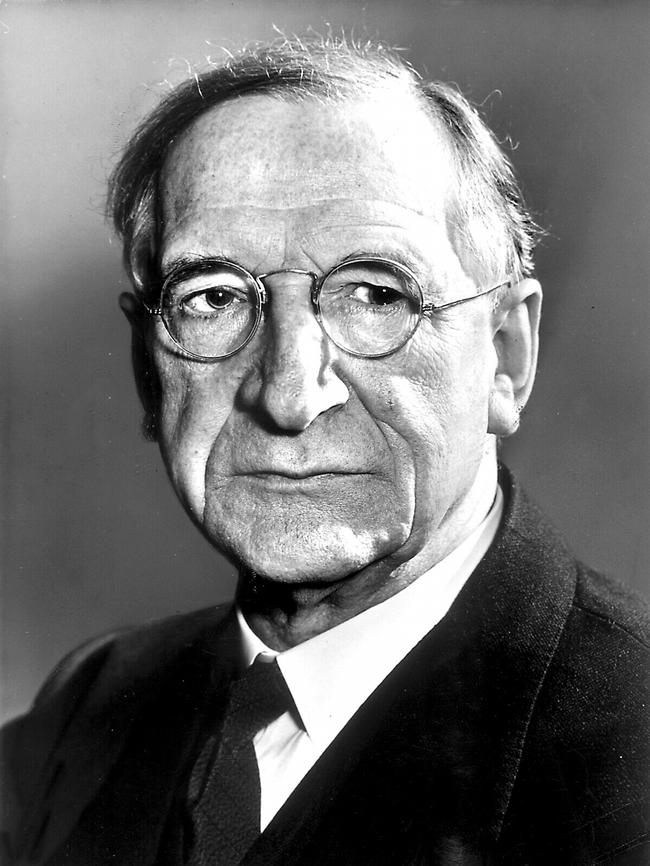
Those old enough to remember the worldwide best-selling Jewish-American novelist Leon Uris, author of Exodus (1958) and Trinity (1976), may recall that in the 1970s and into the ’80s it was not at all uncommon for the Irish and Israeli causes to resonate together.
When did these links begin to change? Bluntly, it changed when Israel started winning. Once Israel became successful militarily and politically following the Six-Day War in 1967, Irish progressives began to identify more with the Palestinians as victims of Western “settler-colonialism”, a narrative that has been tremendously assisted by the influence of the US academy in a globalised Ireland.
The alignment with the Palestinian cause has hardened into a coarse binary, perhaps most manifest in Belfast, where nationalists swath the streets with Palestinian flags and loyalists with Israeli.
Nonetheless, when we seek to understand why Irish people in great numbers feel sympathy for the Palestinians there are far more plausible explanations than the history of Irish anti-Semitism or “blood and soil” Irish ethnic nationalism.
Probably the most obvious is the fact the Irish are reacting to the live-streamed images of horrific human suffering from Gaza. You can see that reaction as double standards, given they reacted less strenuously to horrors in Syria, Yemen and the Sudan. But “whataboutery” is not a strong moral defence. Most Irish people, like most humane people around the world, also were horrified by the footage from Hamas’s barbarity on October 7, 2023. One moral response must not cancel the other.
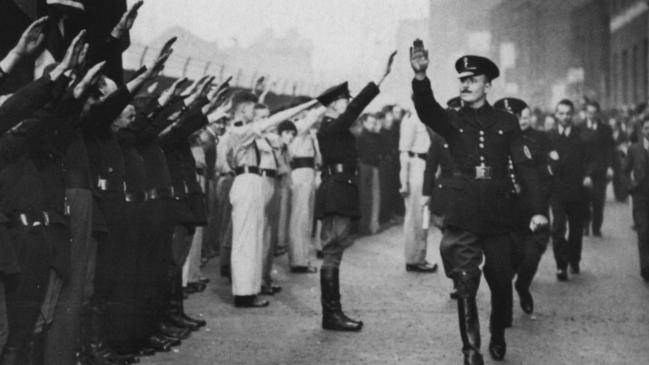
If Ireland is applying double standards to Israel, as the latter alleges, the same is true in the opposite direction.
Israel maintains its embassy in South Africa, the instigator of the charge of genocide in the International Criminal Court that Ireland supported. Norway and Spain allied with Ireland back in May to recognise a Palestinian state but still retain consular relations.
Why has Israel decided to make an example of Ireland? Could it be that Israel expects of Ireland, as Ireland expects of Israel, higher standards than it does of other countries?
It’s notable that those who are the quickest to proclaim “anti-Semitism” against critics of Israel are often the same as those complaining of the left’s proclivity to close down free speech by shouting “racist”. You can criticise Ireland for naive idealism, for moral self-congratulation, for too readily taking on a progressive orthodoxy, for not listening well to its EU partners and for under-recognising the eliminationist imperialism of Israel’s adversaries.
But the idea that Ireland’s sympathy for the Palestinian cause originates in its history of Catholic nationalist anti-Semitism holds little explanatory weight.
Ronan McDonald is Gerry Higgins chair of Irish studies at the University of Melbourne.






Israel’s closure of its embassy in Dublin last month, in response to pro-Palestinian actions by the Irish government, has led many commentators to accuse Ireland of Israelophobia and even anti-Semitism. We are hearing suggestions that Ireland has a particularly noxious history of this ancient hatred, a bigotry that has survived the collapse of its erstwhile Catholicism (“Why Ireland’s ‘new morality’ thrives on Israelophobia”, 23/12).